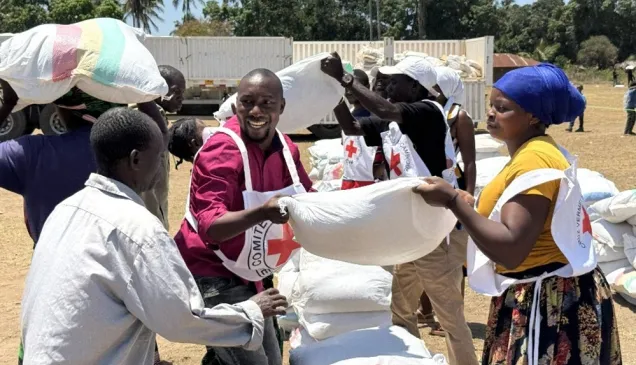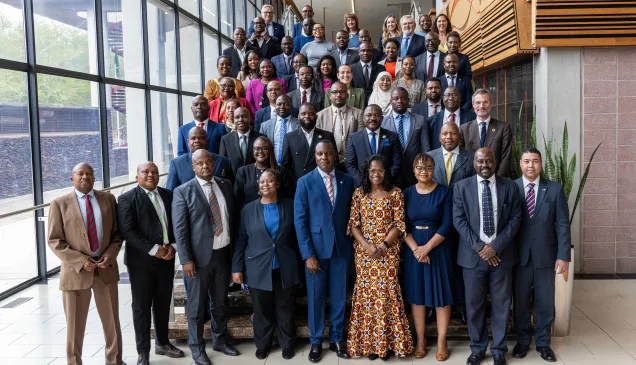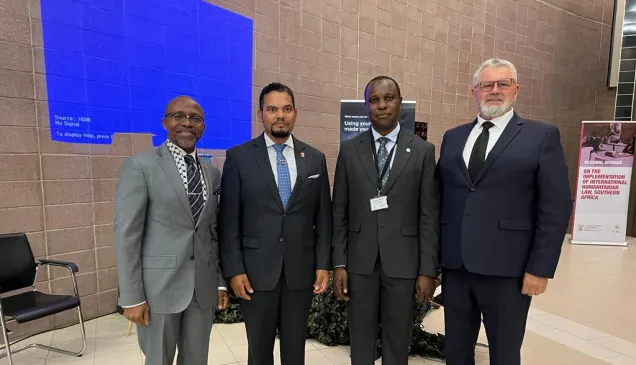The escalation of the conflict in Cabo Delgado affects thousands of civilians
The International Committee of the Red Cross (ICRC) is worried by the recent surge of violence in Palma, Cabo Delgado Province of Mozambique. The most recent round of clashes, which started on March 24, continue to exact a heavy toll on civilians.
"I can't begin to imagine the terrible experience of thousands of people who have had to flee for their lives," said Catherine Gendre, the head of the ICRC's delegation in Maputo. "We are also very worried about the wellbeing of those left behind and call on all sides to facilitate safe access to people affected by the conflict."
Palma is home to some 75,000 people, many of whom have already been displaced by the violence. Thousands of residents are now believed to be stranded in different locations in and around Palma without food, water and access to healthcare.
Telecommunications are still down, and it is difficult to assess the full humanitarian impact, including the exact number of dead and wounded. The ICRC is evaluating the situation and preparing an emergency response in coordination with Mozambican authorities, the Red Cross Society of Mozambique and other humanitarian agencies.
To respond to the escalation of the armed conflict in Cabo Delgado, in addition to its ongoing activities, the ICRC is carrying out the following activities:
-
In coordination with the Red Cross Society of Mozambique, the ICRC has stationed ambulances on standby to support with the transport of wounded and sick arriving at Pemba port and airport to the Provincial Hospital of Cabo Delgado Province.
-
It has donated infusion and dressing kits to treat 50 wounded people to the Provincial Hospital in Pemba and stands ready to provide more upon request. This includes possible needs in other hospitals in Cabo Delgado where the wounded arrive for treatment.
-
The ICRC is replenishing its stocks to be able to support newly displaced people with essential household items at their place of arrival.
-
It is scaling up its on-site services to support with the registration of people unaccounted for and facilitate the reestablishment of contact with families. These services include free phone calls for people arriving, so that they can communicate with their relatives.
-
It closely follows the situation and coordinates with the authorities and other humanitarian actors to respond to the crisis.



